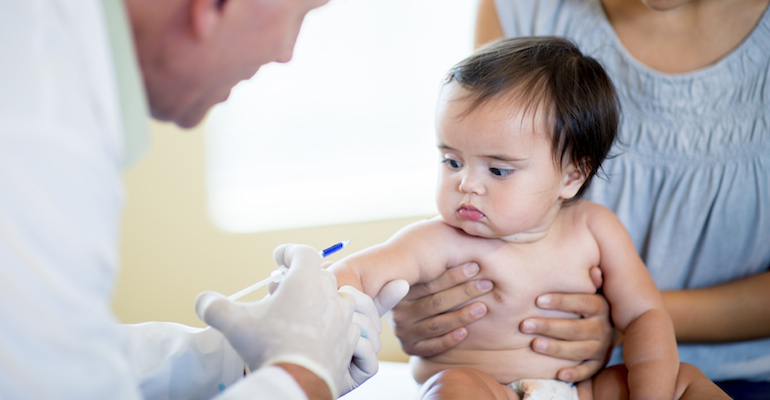Can I be sure I’ll get a healthy child?
All parents, biological or adoptive, want perfect children, and all realistic parents understand that there is some risk in having children by any method. If you were pregnant, you would learn about nutrition, take your vitamins, and find a good doctor to deliver your baby. As a prospective adoptive parent, you will learn about different adoption options, and pick a good agency or attorney to help you bring your child home. In either case, the overwhelming odds are that you’ll have a healthy child, but doing your research and choosing the right professionals will make your odds even better.
How do I discuss health with an agency or attorney?
Most agencies’ and attorneys’ applications will ask if you can accept a child with medical or psychological problems. Often, you are sent a chart showing possible issues ranked by severity, from lifelong to treatable to “none.” You check off the problems you would accept in a child. You will also be asked to sign a disclaimer, acknowledging that no one can guarantee that the child will, in fact, be healthy as promised, but reputable agencies and attorneys do their best to disclose any health issues; no good comes of sending a sick child to an unprepared family.
Many of our families say they thought about saying they’d accept a child with “some” medical issues in order to speed up their adoption. Adoption professionals say it’s not worth shaving a couple of months off your process to end up with a child you’re not ready to parent. If you want a healthy child, say so.
Are there health issues common to all adoptees?
The one concern shared by all adoptees is the lack of reliable information about hereditary illnesses. Even in the best possible situation — a domestic infant adoption, with both birth parents supplying information — adoptive families may not get a full medical history for their child.
Dr. Deborah Borchers, an adoption specialist and adoptive mother of three, says: "An adopted person's life is a jigsaw puzzle. There are pieces he'll never find, but you do your best to find what you can." Even in an open adoption, with both sets of parents committed to ongoing interaction, contact is likely to diminish over time. Our families recommend that you get as much information about the birth families’ histories as you can, before and immediately after the baby’s birth.
What are the health issues with private infant adoption?
The advantages to private infant adoption are that you are likely to have at least some medical history from the birth mother (if she wants to be anonymous, you will get non-identifying medical records), and the baby will undergo standard state-mandated newborn tests for infectious diseases and a variety of genetic disorders. Even if you are not matched with a mother until after the birth, you can probably get some prenatal history, and you have the right to see the baby’s test results.
What’s different about foster children?
One of the several advantages to adopting from foster care is the opportunity to fully evaluate a child’s health over time, with your own pediatrician, before you commit to an adoption. Children in foster care may have seen multiple providers — possibly in different states — or visited doctors only for emergency care. Without routine checkups, a child could have missed multiple recommended immunizations. Your pediatrician should run blood tests to check for antibodies (titers) to common childhood diseases. If antibodies can be verified, a child simply receives booster shots as needed. If the levels don’t correspond to the vaccination record, the child can be re-immunized.
What can I do to make sure my child is as healthy as possible?
Medical issues vary enormously, depending on where and when a child is adopted. A pre-teen foster child from Kansas, a toddler from Guatemala, and a newborn from California will be at risk for different illnesses. However, the factors that affect the child’s long-term health are the same all over the world: the birth mother’s health while pregnant, the birth itself, and the environment where the child lived between birth and adoption. Before you choose your route to adoption, investigate different countries and communities, talk to adoptive parents whose children have been home for several years, and consult with an adoption pediatrician. You can’t eliminate risks, but you can lower them by choosing your child’s environment wisely.
[mc4wp_form id="30309"]
Adoption Agencies
[businessdirectory-listings category=10910]
JOIN You are viewing this exclusive AF content as a guest. To access our full Adoption Parenting Library — plus digital issues, eBooks, expert audio and more — join Adoptive Families today.  |



